New Releases by Alumni
“With the exception of Franklin Roosevelt, Dwight Eisenhower was the most successful president of the 20th century,” argues JEAN EDWARD SMITH ’54 in Eisenhower in War and Peace (Random House), which Publishers Weekly called an “engrossing biography.” A senior scholar in the history department at Columbia University and the author of FDR and Grant, a 2002 Pulitzer Prize finalist, Smith traces Eisenhower’s life from his youth in Kansas to West Point, to his service in the Army and during World War II, and through his two terms as president.
MICHAEL GRABELL ’03, a reporter for ProPublica, looks at what happened to the taxpayer-financed stimulus package — the American Recovery and Reinvestment Act of 2009 — in Money Well Spent? The Truth Behind the Trillion-Dollar Stimulus, the Biggest Economic Recovery Plan in History (PublicAffairs). He examines the program’s effects on the economy by focusing on three cities: Elkhart, Ind.; Aiken, S.C.; and Fremont, Calif.
JONATHAN M. LADD *06 explores why the public has grown to distrust the media and how that attitude affects voting decisions in Why Americans Hate the Media and How It Matters (Princeton University Press). An assistant professor of government and public policy at Georgetown University, Ladd observes that as recently as the 1970s the news media were among the United States’ most trusted institutions, but by the 1990s that trust had dissipated.
A philosopher at the University of Texas at Austin, PAUL WOODRUFF ’65 examines how to distribute rewards and public recognition to people without damaging the social fabric of a community in The Ajax Dilemma: Justice, Fairness, and Rewards (Oxford). He explores questions such as whether the superstar with great ideas should be rewarded instead of the worker bee. While there will never be a perfect system for distributing rewards, he says, respect and compassion among community members encourage a sense of justice.
Few Americans have ever heard of Franklin D. Roosevelt’s plan to install a military government in France at the end of World War II, yet many French are aware of it and believe that an Allied occupation was imminent, writes CHARLES L. ROBERTSON *59 in When Roosevelt Planned to Govern France (University of Massachusetts Press). A retired professor of government at Smith College, Robertson explores whether Roosevelt really did intend to occupy France, why the plan never came to be, and why Roosevelt objected to de Gaulle’s being in power.
LIZZIE HUTTON ’95 explores the “various identities of childhood, adolescence, and motherhood,” she says, in her debut poetry collection, She’d Waited Millennia (New Issues Press). “Rose Gold and Poppies,” one of the poems, won the Wabash Prize from the Sycamore Review. Hutton teaches at the University of Michigan.
A health journalist, ROBERT J. DAVIS ’86 looks at the veracity of some of the most common diet and nutritional claims — ranging from “green tea promotes weight loss” to “milk is necessary for strong bones” — in Coffee is Good for You: From Vitamin C and Organic Foods to Low-Carb and Detox Diets, The Truth About Diet and Nutrition Claims (Perigee).



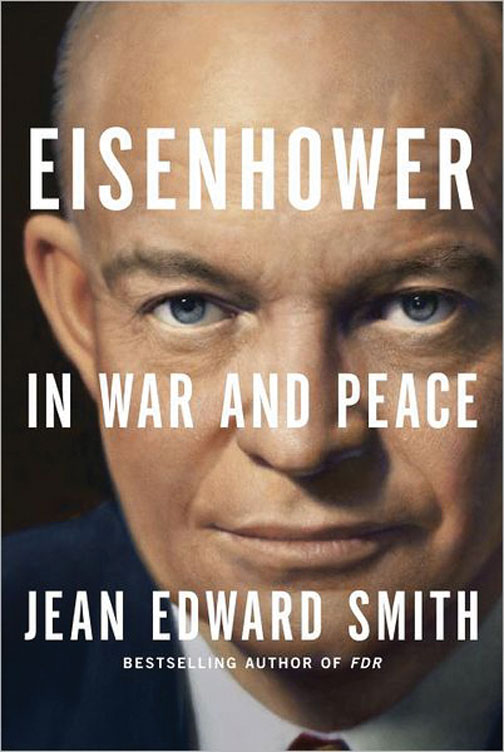
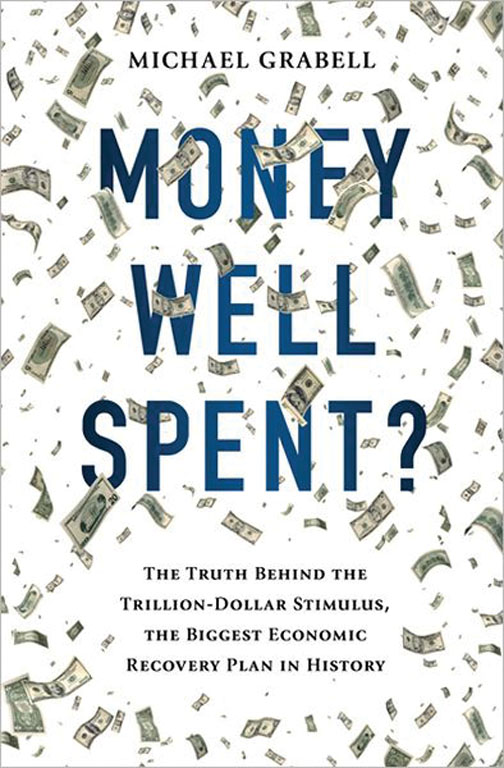
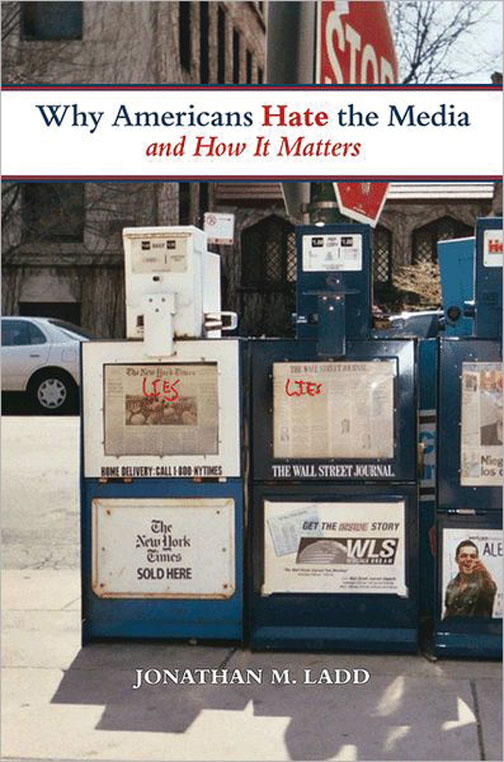
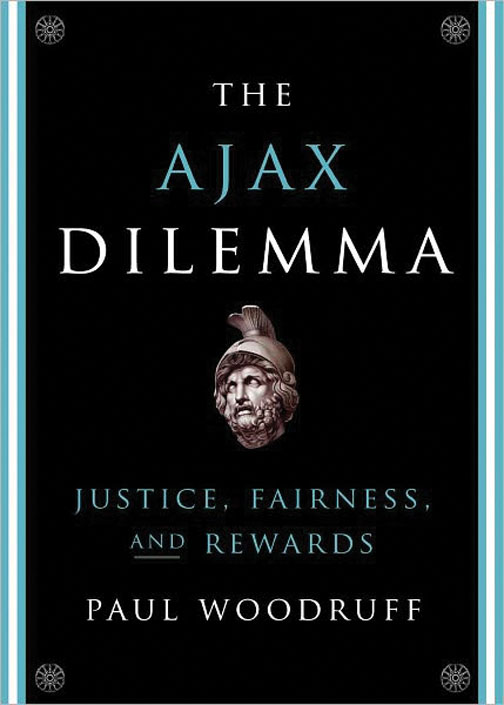
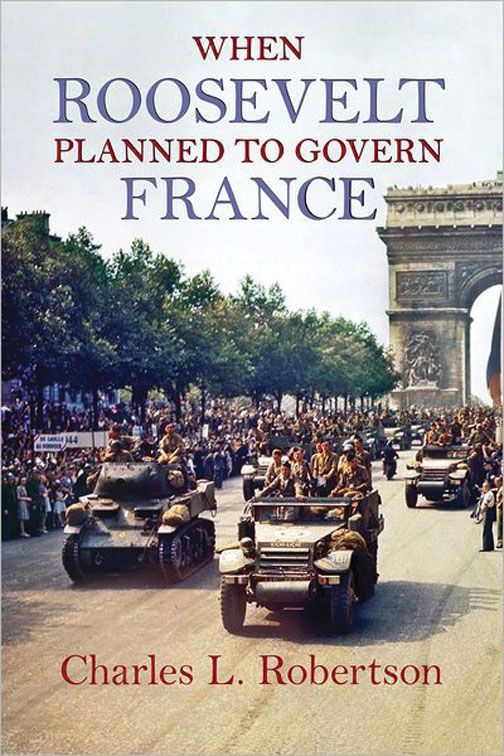











No responses yet